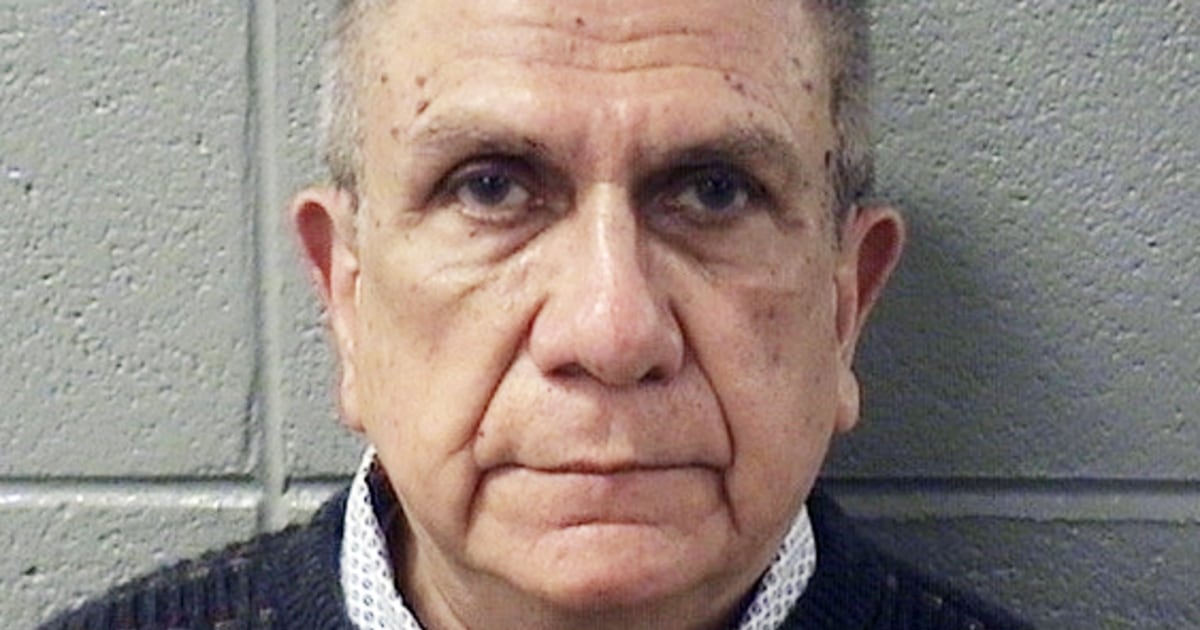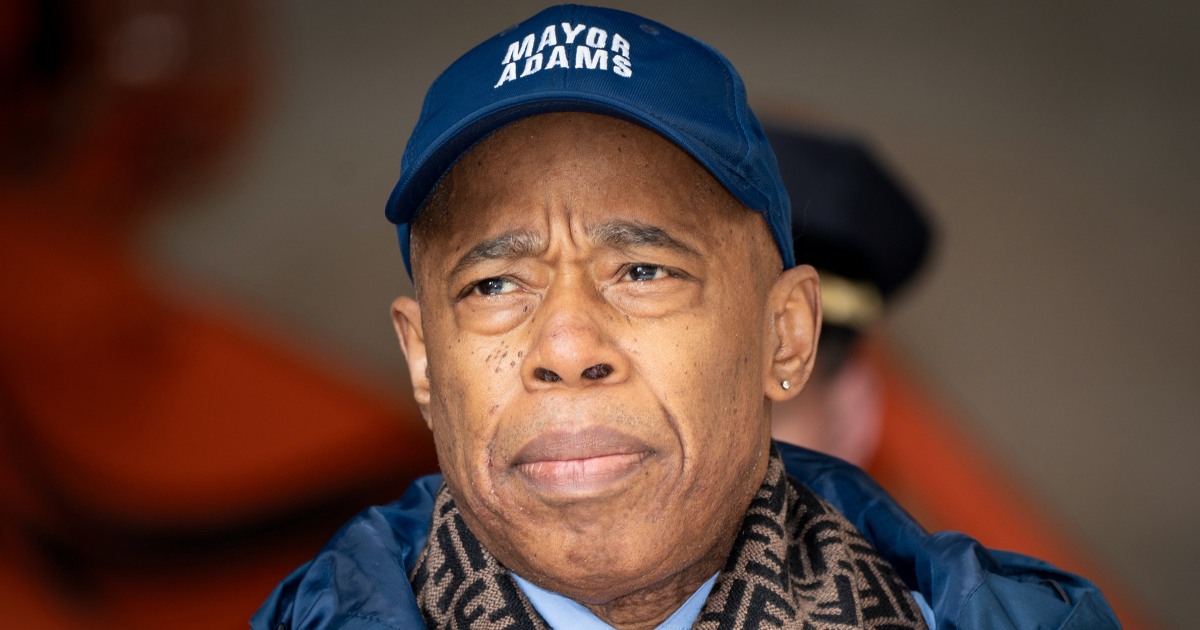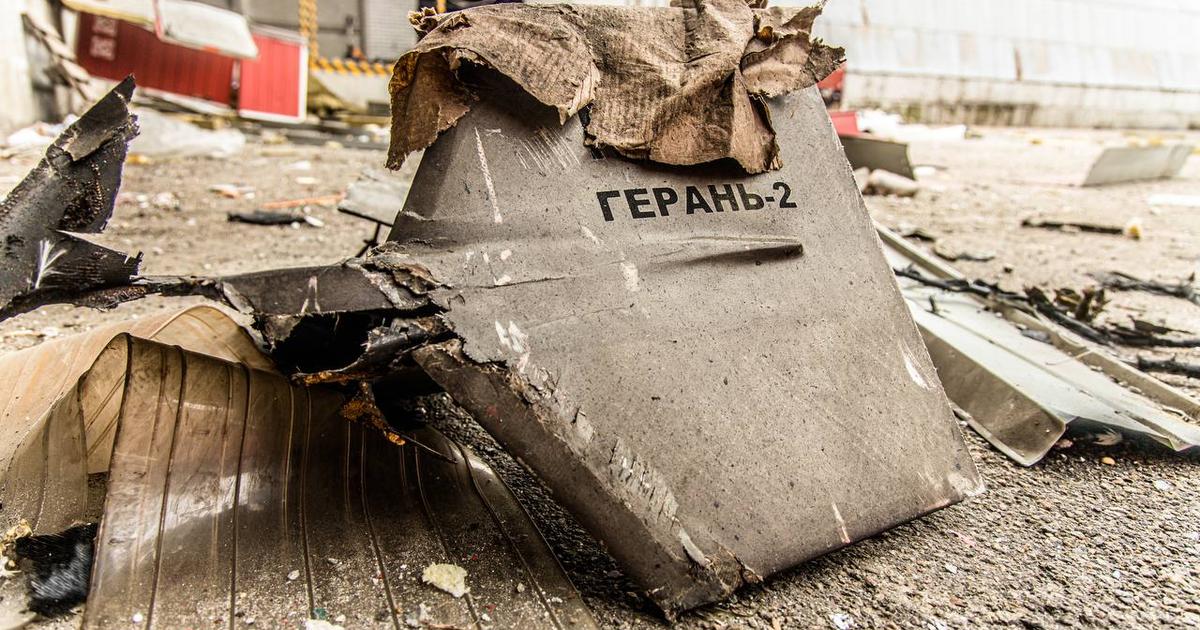Icon: enlarge
Ebola outbreak in the Congo 2019: NGO employees are said to have sexually exploited women
Photo: Jerome Delay / AP
They came to help - and became perpetrators.
In June of this year, the world's second largest Ebola outbreak in the east of the Democratic Republic of the Congo (DR Congo) was considered over.
Shortly afterwards, in late September, the Thomson Reuters Foundation and the news site "The New Humanitarian" published a jointly prepared report alleging sexual assaults against NGO workers.
More than fifty women said they were from employees of various aid organizations
sexually exploited or coerced
to have become.
The men are said to have offered them jobs against sex, threatened to quit, and harassed them in offices and hospitals.
At least two women said they had become pregnant.
According to the report, the accused should have worked for the World Health Organization (WHO), Unicef, the International Organization for Migration (IOM), the Congolese Ministry of Health and for non-governmental organizations (NGOs) such as Oxfam, Doctors Without Borders, World Vision and Alima.
Andrew MacLeod is a human rights attorney and former development worker.
He's seen crimes like these many times.
SPIEGEL:
More than 50 women said they were sexually exploited or coerced by NGO employees during the Ebola epidemic in eastern Congo.
Are you surprised?
Andrew MacLeod:
Yes and no.
Are exploitation and abuse
the dirty little secret of humanitarian aid.
It happens all the time.
UN employees are said to have raped minors in Bosnia as early as the 1990s, and this scandal was later filmed.
In the two-thousanders in West Africa there was the "Food for Sex" scandal and later the allegations against Oxfam employees who started
Haiti
Women are said to have offered money for sex.
This scandal was still in the international headlines in 2018.
That is why I was surprised: How inviolable did the employees in Eastern Congo feel that they were sexually assaulting and exploiting women even at the time when the media reported sexual violence in aid organizations?
SPIEGEL:
You yourself worked for the International Red Cross in Rwanda and in the former Yugoslavia.
From your own experience, what makes people who say they want to help feel so unpunished?
MacLeod:
It's complex.
Aid organizations per se attract people who are willing to take risks.
Who else would volunteer to work in crisis regions, often with mortal danger and insane stress?
You are part of a bubble in the aid industry that thinks: what happens here will stay here.
Sexual togetherness is often seen casually; in Rwanda, for example, house parties lasted all night because you couldn't go home because of the curfew.
And people are often not willing to take risks in just one area.
I remember one employee boasting that he was going on his time off
Sleeping with a different woman every night in a famous brothel in Nairobi, always without a condom.
His explanation: he is Swiss.
As if his Swiss passport would protect him from HIV.
After a few years I stopped wondering how something like this could happen.
But: Why does nobody stop it?
SPIEGEL:
After that, you worked for the UN in Pakistan and the Philippines for several years.
You resigned in 2009.
Why?
MacLeod:
There is a huge prostitution and child prostitution problem in the Philippines.
Some men keep extending their NGO missions and denying the abuse they commit with explanations like: But the girl told me she was over 18 years old.
I canceled a promotion to New York.
I could no longer bear to be part of a system that is idle to the point of complicity.
This is what the House of Commons Development Committee once put it in relation to Haiti.
SPIEGEL:
The NGOs now accused in the Congo stated that they had received little or no information about the allegations.
MacLeod:
Of course not!
In countries like Germany, it is estimated that only every seventh rape is reported.
Do you think there are more people in a country like the Democratic Republic of the Congo (DR Congo)?
No way!
The number of unreported cases is probably much larger.
What makes me so angry about it - with every new scandal in development cooperation it is said: a sad individual case, we will check everything.
This is bullshit.
SPIEGEL:
Your proposal in the British House of Commons was then that funding should be cut for those organizations that do not do sufficient research.
Doesn't that mean that they are increasingly covering up misconduct or criminal offenses?
MacLeod:
No, there has been no prosecution yet.
Less is not possible.
The money should simply be allocated to another NGO - there is no shortage of aid organizations, on the contrary.
But there is a lack of responsibility.
An external authority should actually lead the investigation.
How well does it work if I rob a bank and later analyze what happened myself?
And any organization should immediately refer allegations of child abuse to the judiciary in the home of the alleged perpetrator anyway.
"Sex for money should always be forbidden, just like in principle any sexual contact with the local population"
Andrew MacLeod
SPIEGEL:
What would be the legal basis for this?
Criminal law is national law.
MacLeod:
In many Western countries, child abuse is what is known as foreign criminality.
That means: The perpetrators can be convicted for acts abroad in their country of origin.
If I have sex with someone under the age of 16 in the DR Congo, as a British person, for example, I am not only violating Congolese law, but also British law.
Originally the law was aimed at European sex tourists in Thailand or Cambodia.
But it can of course also be applied to aid workers.
SPIEGEL:
How often has this happened?
MacLeod:
Not a single time, as
far as
I know.
That's the problem.
In addition, there is no international criminal liability for sexual offenses with adult victims.
Icon: enlarge
Children in DR Congo await vaccination
Photo: Per-Anders Pettersson / Getty Images
SPIEGEL:
And at least UN employees have immunity in the country where they are stationed.
MacLeod:
There is an important reason for this immunity: It is supposed to protect against false accusations.
But I think it's important that immunity only applies there, not in the employee's home country.
SPIEGEL:
UN employees have been prohibited from visiting prostitutes since 2003.
What rules do other aid organizations have?
MacLeod:
That depends on the aid organization.
Some employment contracts explicitly prohibit prostitution and exploitation, others do not.
I think sex for money should always be banned, just like any sexual contact with the local population.
SPIEGEL:
How should you check that?
There is certainly consensual sex.
MacLeod:
can people fall in love?
Can there be a relationship on an equal footing?
Naturally.
But even an NGO employee who costs around 30,000 euros
earned per year is considered very rich in Eastern Congo.
The people there live on average on less than two dollars a day.
As a humanitarian worker, you work in a foreign culture, you are incredibly privileged.
And abuse happens wherever there is a power imbalance - in the Catholic Church as well as in development cooperation.
"We used the DNA of six children to look for the fathers in databases. We were able to identify four: three were sex tourists, one was an employee of the World Bank."
Andrew MacLeod
SPIEGEL:
What measures are you proposing?
MacLeod:
We need an international organization that is only looking for victims.
We can't wait for them to come back on their own.
And every development worker, whether male or female, should hand in a DNA sample before his mission.
This is a better way to check some allegations, whether right or wrong.
So it protects both the aid organization and the victims.
SPIEGEL:
Your research group at King's College London is also working on DNA samples.
MacLeod:
We want fathers to be found and legally accountable in this way.
At least 265 children were identified in Haiti whose fathers were stationed there as blue helmet soldiers.
Prostitution is not allowed in Haiti;
the majority of these children arose from sex for money.
But so far the mothers can do little.
The UN says: The children can submit a formal complaint and only then can we take action.
Which means: A child has to whistle his mother as a prostitute, otherwise the family cannot be helped.
SPIEGEL:
What can you do with the DNA tests?
MacLeod:
In Manila, Philippines, for example, we did a little research.
We searched databases for their fathers using the DNA of six children.
We were able to identify four: three were sex tourists, one was an employee of the World Bank.
On the one hand, it is about maintenance demands, but sometimes also about the fact that children can find out who their fathers are.
And should it emerge that the mother was a minor at the time of conception, the father can be charged with rape of minors in his home country.
The next step is to take this program to places like South Sudan or the Congolese province of North Kivu.
No sex tourist goes there.
That means: 100 percent of the perpetrators will be development workers.
Icon: The mirror
This contribution is part of the Global Society project
What is the Global Society project? Up arrow Down arrow
Under the heading Global Society, reporters from
Asia, Africa, Latin America and Europe
report on injustices in a globalized world, socio-political challenges and sustainable development.
The reports, analyzes, photo series, videos and podcasts appear in the international section of SPIEGEL.
The project is long-term and will be supported by the Bill & Melinda Gates Foundation (BMGF) for three years.
A detailed FAQ with questions and answers about the project can be found here.
What does the funding look like in concrete terms? Up arrow Down arrow
The Bill & Melinda Gates Foundation (BMGF) is supporting the project for three years with a total of around 2.3 million euros.
Is the journalistic content independent of the foundation? Up arrow Down arrow
Yes.
The editorial content is created without the influence of the Gates Foundation.
Do other media have similar projects? Up arrow Down arrow
Yes.
Major European media outlets such as "The Guardian" and "El País" have set up similar sections on their news pages with "Global Development" and "Planeta Futuro" with the support of the Gates Foundation.
Have there already been similar projects at SPIEGEL? Up arrow Down arrow
In recent years, SPIEGEL has already implemented two projects with the European Journalism Center (EJC) and the support of the Bill & Melinda Gates Foundation: The "Expedition The Day After Tomorrow" on global sustainability goals and the journalistic refugee project "The New Arrivals", as part of this several award-winning multimedia reports on the topics of migration and flight have been produced.
Where can I find all publications on Global Society? Up arrow Down arrow
The pieces can be found at SPIEGEL on the topic Global Society.













/cloudfront-eu-central-1.images.arcpublishing.com/prisa/KMEYMJKESBAZBE4MRBAM4TGHIQ.jpg)

